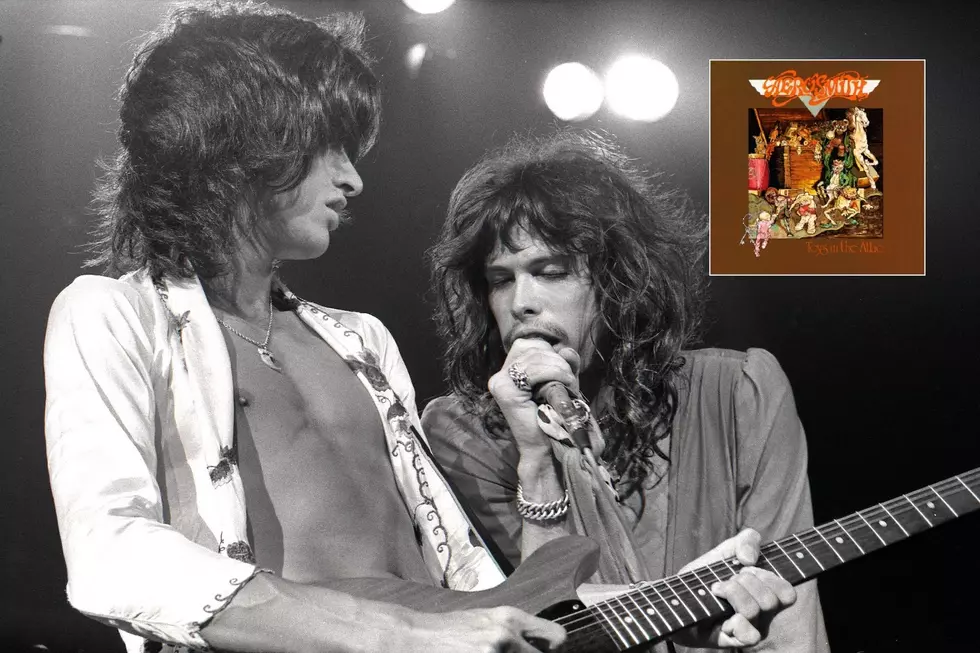
How Foghat’s ‘Stone Blue’ Hinted at Big Changes to Come
Foghat had already forged a very successful career by melding blues and rock long before they went in to record a seventh studio effort. They continued that winning streak by releasing Stone Blue in May 1978, but the album also heralded the musical changes that would eventually lead to the band's commercial undoing.
Throughout the early ‘70s, the one-time Savoy Brown refugees who founded Foghat successfully built a beyond-solid reputation upon honest, pretension-free blues rock that yielded timeless anthems like "Drivin’ Wheel," "Fool for the City" and "Slow Ride," to name but a few. By 1977, the quartet of "Lonesome" Dave Peverett, Rod Price, Craig MacGregor and Roger Earl had collected several gold and a pair of platinum albums, topped by that same year’s two-million-selling Live, after which they had to figure out a way to keep the good times rolling.
This challenge was met by Stone Blue, which proved successful – to a point – by toeing the fine line between staying the familiar no-frills musical course, and flirting with supplementary instrumentation and a little production finesse.
Right from the get go, the album’s title track gave fair notice of Foghat’s motives, with its markedly dense backing vocals and sweetened acoustic guitars that underscored those familiar boogie riffs. Even the ensuing, roots-affirming cover of blues legend Robert Johnson’s "Sweet Home Chicago" was anything but pared down, in terms of its arrangement. In fact, the closest Stone Blue came to being pared down was on its second vintage blues song (Elmore James’ "It Hurts Me Too"), because the band’s new originals – whether urgent and direct like "Easy Money" folky-sweet like "Stay with Me" or varied and dynamic like "Midnight Madness" – all displayed an extra layer of studio gloss, even if the quality of the songs still won out, more often than not.
Certainly at the time of the release of Stone Blue, these memorable songs satisfied most fans, who helped the album achieve gold, if not platinum sales. In retrospect, however, one could make the case that this album signals the start of changes that would eventually derail Foghat’s career. The band’s mainstream concessions would continue on their next album, Boogie Motel – which is best remembered for the soft-rock hit "Third Time Lucky (First Time I Was a Fool)" – and then hit rock bottom with some ill-advised New Wave forays in the early ‘80s. Ultimately MTV, and its demand for photogenic rockers, probably buried the lovable band's career prospects for good.
No matter: Foghat’s musical legacy was firmly secured in the ‘70s, anyway. (You could even say the release of Stone Blue cemented it.) The group carried on touring rather successfully for decades to come.


